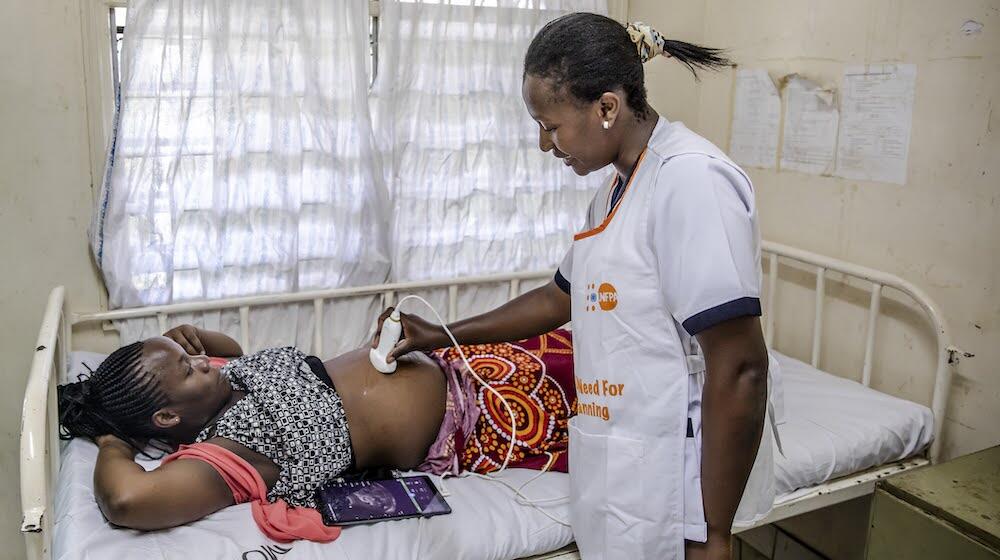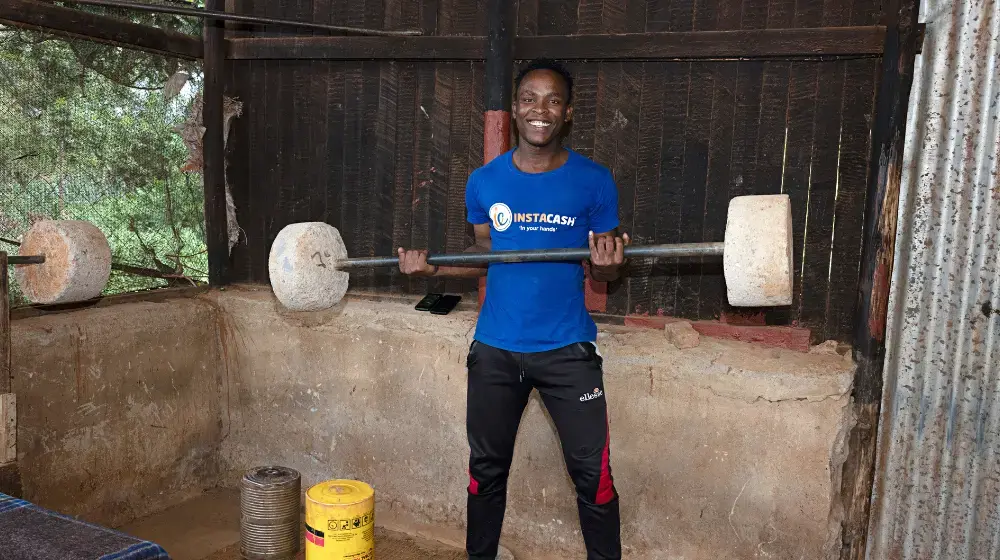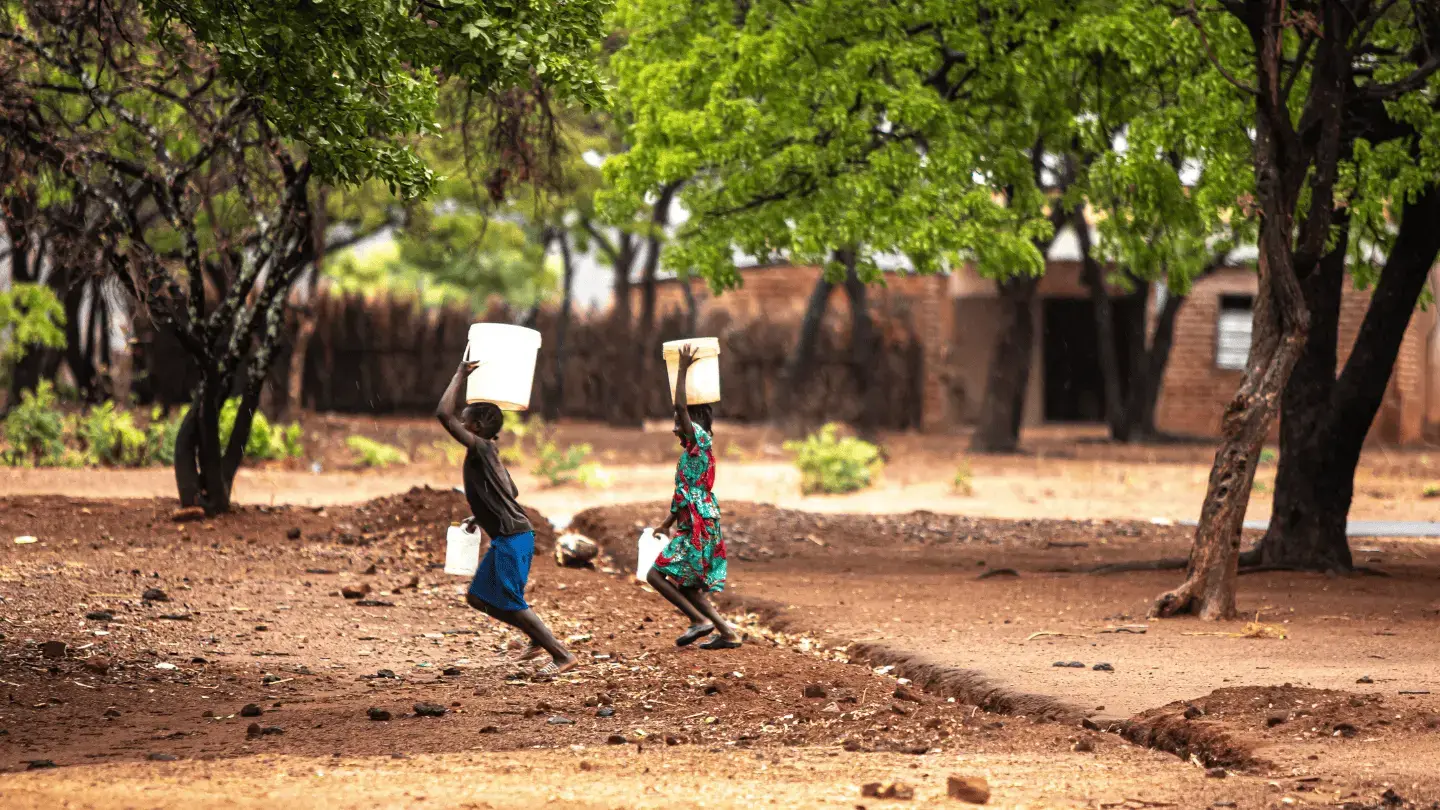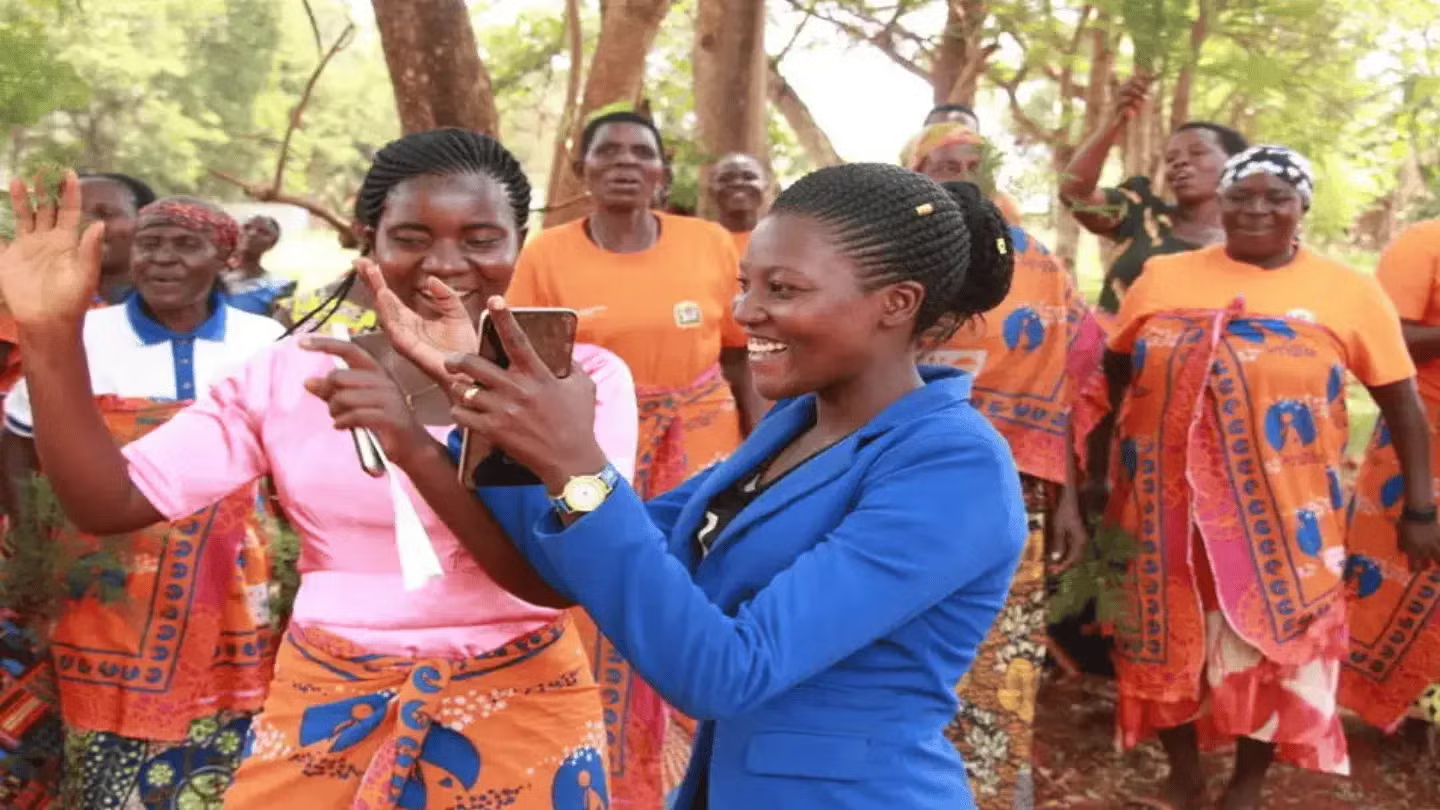JOHANNESBURG, South Africa – In 2017, an estimated 303,000 maternal deaths were recorded globally and of these, Africa accounted for 66 per cent. To address the high number of maternal deaths on the continent, WHO in collaboration with UNFPA, UNICEF and partners support Member States to ensure women and girls have access to quality and timely health services, particularly during pregnancy, childbirth, and post delivery.
Most maternal deaths on the continent can be attributed to five main causes – haemorrhage, pregnancy-related hypertensive disorders, unsafe abortion, infection and obstructed labour. Of these, haemorrhage and hypertension account for almost 50 per cent of deaths, according to Dr. Owen Kaluwa, WHO Representative in South Africa. Unsafe abortion is responsible for 16 per cent of all maternal deaths, with variations across countries depending on the level of restrictions on abortion.
One of the main roles of WHO/AFRO is to produce, disseminate and monitor the implementation of global guidelines and standards that are adapted to the regional context.
In this context, WHO/AFRO is developing the Regional Accelerated Plan of Action to end preventable maternal mortality due to postpartum haemorrhage, pre-eclampsia and eclampsia. In addition, WHO/AFRO is updating the 2012 Regional Agenda for Sexual and Reproductive Health and Rights (SRHR), a strategic document aimed at ensuring universal access to proven effective and quality SRHR services, using the most effective and appropriate delivery systems.
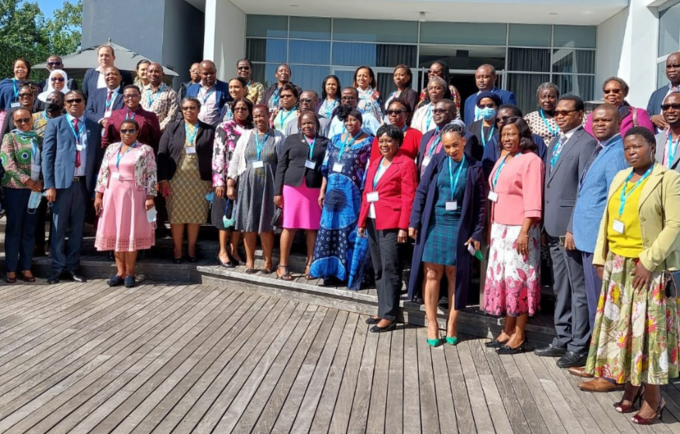
“One thing we need to look at is the skills of our health workers. People need to know how to repair a simple episiotomy wound and other lacerations. We need to ensure that we have skilled and conscious clinicians,” said Dr. Manala Makua, chief director of women’s, maternal and reproductive health for South Africa's Department of Health.
These three strategic documents were presented and discussed at a meeting with the representatives of 15 Member States as well as UNFPA, UNICEF, SIDA and SRHR partners, the Population Council and Members of the WHO/AFRO regional Reproductive, Maternal, Newborn and Child Health Technical Advisory Group (RMNCAH-TAG), in Johannesburg in April.
The aim of the meeting was to build consensus on the SRHR Agenda and the RAPA, and discuss effective implementation of the WHO Abortion Care guidelines in countries, in alignment with national law.
“We are seeing the global leaders’ committing and joining hands in responding to the agenda of SRHR,” said Dr. Makua. He advised the participants to innovate and think about ways to accelerate and rethink actions for African populations' SRHR.
“The gains we make are not only dependent on the health system, but require that we foreground the rights dimension of sexual and reproductive health,” said Richard Delate, UNFPA Programme Specialist SRH/HIV for East and Southern Africa.
“I think the structural barriers are contributing to a lot of issues that we are seeing. And, the disparities and equities issues need to be addressed. As we talk about leaving no one behind, we need to have a general whole so that our universal coverage and pushing up our accelerated implementation plans can then make a reality and hopefully, we can catch up to win the SDGs,” said Dr. Christina Sadia, a member of WHO AFRO RMNCAH-TAG.
Dr. Lwazi Manzi, Head of Secretariat of the African Union (AU) Commission on COVID-19, said that South Africa President Cyril Ramaphosa tabled a report to the AU on strategies to tackle the attrition of SRHR services during the COVID-19 pandemic. “As the Secretariat, we are excited that we are not only aligned with partners like WHO, but that the COVID-19 commission is in a strategic position to keep the agenda alive at the highest level of the AU political structures. We look forward to continuing fostering respectful partnerships as we are called upon by Africa’s New Public Health Order.”
The recommendations from the discussions will aid efforts to reduce maternal mortality in Africa, so that no women should die while giving birth and no violence against women and girls should be tolerated on the continent.

